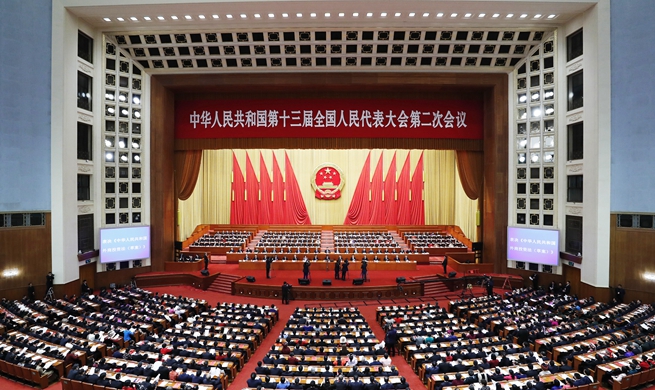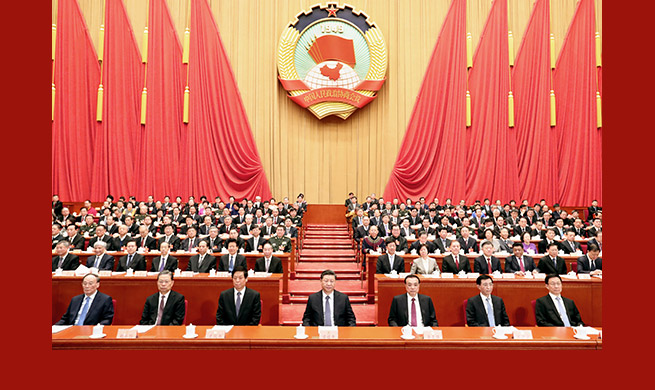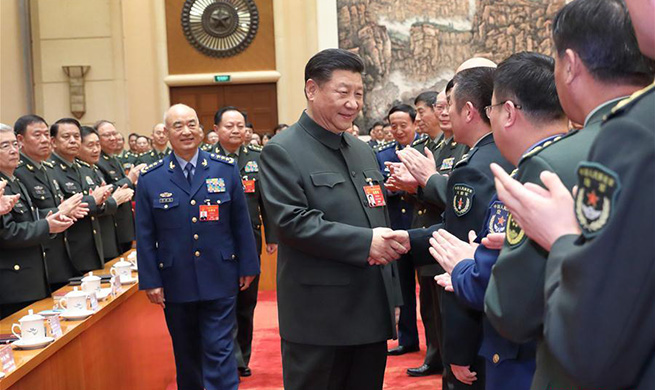by Xinhua writers Liu Chen, Xu Jianmei, Hu Yousong
WASHINGTON, March 17 (Xinhua) -- The United States and China will continue to compete and cooperate with each other, but they are not to decouple given their mutual dependence, said a renowned U.S. foreign policy expert.
"I don't think competition is avoidable. I think it's inevitable," said Robert Kagan, a senior fellow at Brookings Institution, a Washington-based think tank, in a recent interview with Xinhua.
The two countries have been in a competitive relationship for some time, both geopolitically and economically, and "now it's a little bit more out in the open," noted Kagan, who is also a well-established historian.
"But that ... is not frightening," he said.
What the two sides should focus on is how to properly manage their competition, suggested the expert, who has more than once been named by the Foreign Policy magazine as one of the "Top 100 Global Thinkers" over the past two decades.
"Competition is normal," he said. "It's a question of what form the competition takes and whether the competition spins out of control and leads to conflict."
Listing mutual dependence as a key feature of U.S.-China relations, Kagan dismissed the idea of Washington and Beijing "decoupling" with each other, an argument that has gained certain publicity in the past months.
"I don't expect them to decouple economically," he said, explaining that China is dependent on the American market, and Americans are "a little less dependent but nevertheless heavily dependent" on China -- not only its market but also its willingness to buy American Treasury bills and other things.
"There's always going to be a degree of mutual dependence," he stressed.
Given that, an intertwined relationship featuring both competition and cooperation will remain the keynote in future U.S.-China interactions, he said.
"It's always been the case that ... there's been a cooperative element and a competitive element, and I think probably that will continue to be the case," added the scholar.
On Washington's China policy, Kagan suggested that the United States should support China's success in economy and technology, where "there's of course room for both."
"The correct American policy toward China," he said, "should be to encourage China to succeed economically and to hope that China does succeed economically" and that the average Chinese people's living standard improves as well.
China is going to be an economic power in its region with or without America's support, he observed.
Meanwhile, Kagan stressed that while China's relative power is increasing and its gap with America is narrowing, the United States is still the strongest in the world.
"I don't think America is materially in decline," he said, pointing to its leading role in economy, military, technology and innovation.
But as regards Washington's desire to perform an international role, "I think that has declined tremendously," he said. "And that I think is unfortunate."













